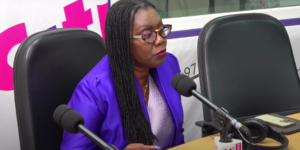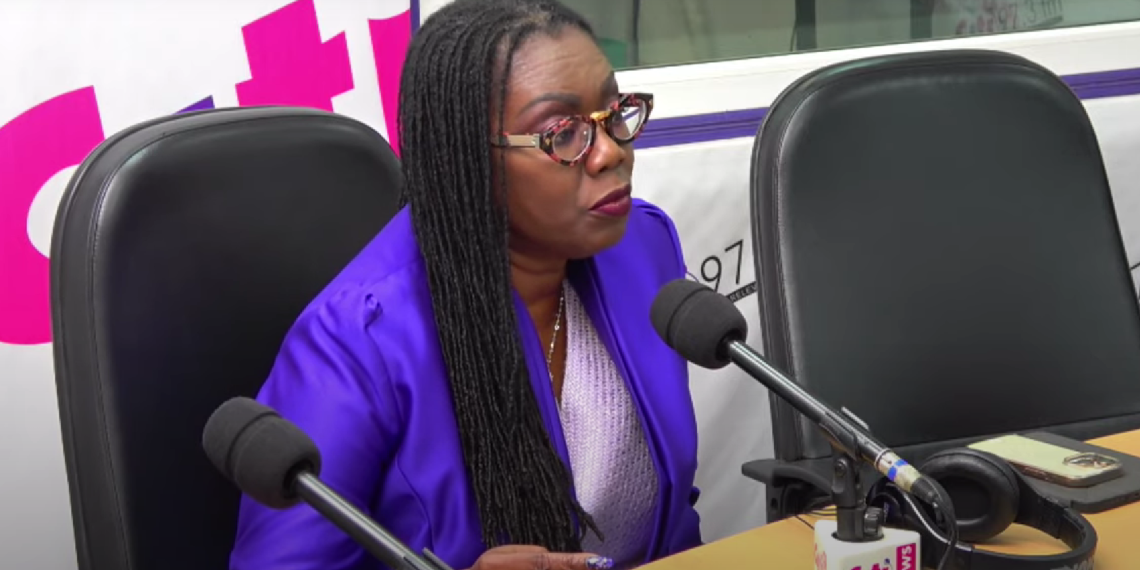Last week, American Tower Corporation Ghana (ATC Ghana), a leading provider of network towers and shared telecommunications infrastructure, announced it would suspend power supply to Telecel Ghana’s network equipment due to non-payment of obligations. This action could potentially cause network disruptions for residents and businesses on the Telecel network, as confirmed by ATC Ghana.
“This unfortunate decision has been taken following extensive negotiations with Telecel and notification of the National Communication Authority (NCA),” stated ATC Ghana. “Not meeting the agreed obligations is such that ATC Ghana no longer has the capacity to purchase electricity and diesel to service Telecel’s equipment, particularly where its agreements with Telecel have expired,” the company explained.
In response, Telecel Ghana refuted ATC Ghana’s claims, calling them false and threatening legal action. “The issue has been escalated to the regulator and it is receiving the required attention. Telecel Ghana is committed to its contractual obligations and assures its subscribers that it will take all measures to ensure service continuity,” Telecel Ghana continued.
Following a meeting on July 5, the National Communications Authority (NCA), with guidance from the Ministry of Communications and Digitalization (MoCD), instructed ATC to immediately reconnect all Telecel sites amidst ongoing arbitration. Reports from stakeholders indicate that Telecel services experienced no downtime, contrary to ATC’s initial statement.
Earlier this year, Telecel Ghana rebranded from Vodafone Ghana following a majority acquisition by the Telecel Group. Despite being Ghana’s second-largest operator with approximately 8.9 million mobile users, Telecel faces challenges that could impact its competitive position against market leader MTN Ghana, which serves 27.8 million customers.
To address these challenges, Telecel Ghana has expanded its network infrastructure with new 4G and 4G+ sites. However, issues such as towerco disconnections underscore broader industry challenges, including USD-denominated towerco payments which significantly affect operators in Ghana, who charge in local currency.
The telecommunications landscape in Ghana remains dynamic, with recent instances such as Surfline Communications’ closure highlighting industry pressures. Surfline’s shutdown was attributed to financial difficulties, including challenges with forex payments and tax obligations.

“Over the years they have had challenges . . . we have been aware they are looking for strategic investments and partnerships. We’ve been helping them a lot but the conversations didn’t materialize . . . so for now their expenditures and debts outweigh their revenues and cost of providing services,” the Minister of Communications, Ursula Owusu had said.
At its peak, Surfline, which built the first LTE network in Ghana, cornered 25.4 percent of the fixed broadband market, with 35,796 Broadband Wireless Access subscriptions. According to RocketReach, it also had revenue of $90 million.
Looking ahead, as Telecel and other operators prepare for the launch of 5G in late 2024, industry stakeholders anticipate ongoing developments in infrastructure and regulatory frameworks to support the sector’s growth and resilience.





